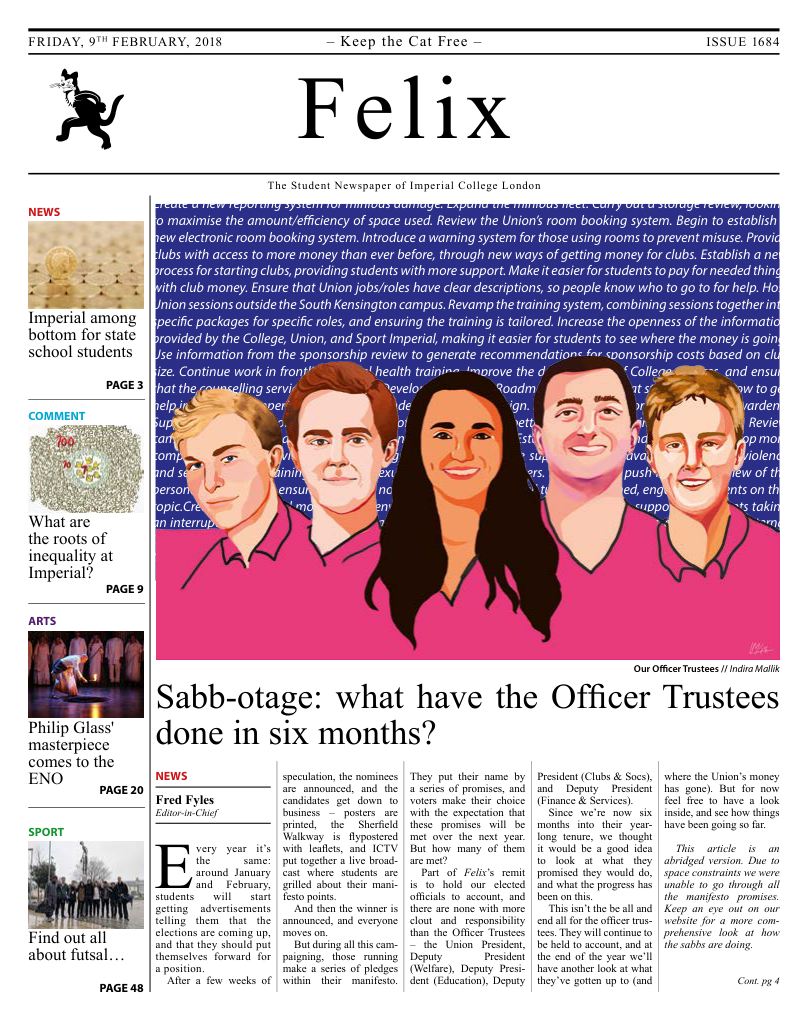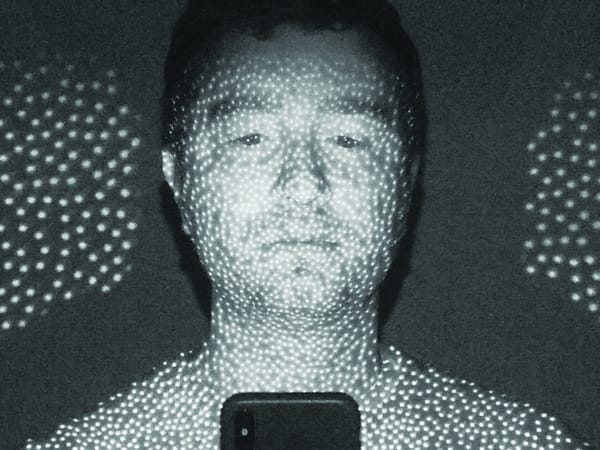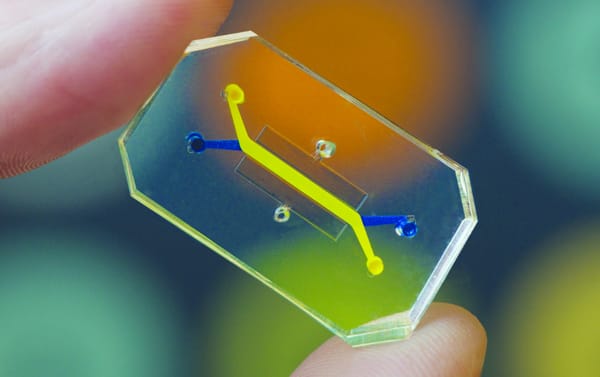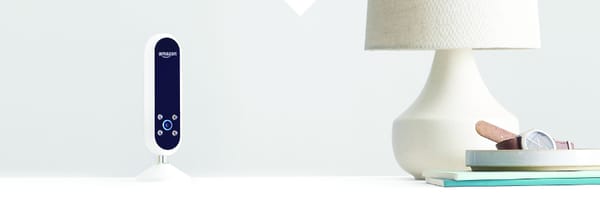The future of medicine – edible QR codes?
Could the humble QR code form part of the medicine of tomorrow?

If you are ill, chances are you would book an appointment with your doctor. They would listen to your heartbeat, do some tests and then prescribe some medicines based on your symptoms. A trip to your local pharmacy would result in a bag full of medications, some of which being the ones that your doctor prescribed and some that you were told worked in the same way as the prescribed medicines that weren’t in stock. A week or two into the treatment, you might realize that you are still sick - the antibiotics don’t work. You aren’t alone - many people around the world face this problem.
This could be because of many reasons. One reason is the overuse and misuse of antibiotics. Some types of bacteria, single-celled living organisms, cause many bacterial infections. Antibiotics are effective against such infections because they kill the bacteria by stopping their growth and reproduction. Nowadays, people are misusing antibiotics by over consuming them or not taking medicines for the full duration of the treatment. This results in the bacteria developing resistance against the antibiotic, rendering it useless.
Also, it is possible that the prescribed drug just doesn’t work as effectively as it does in other people due to genetic or environmental factors apart from the overconsumption of drugs. This is why scientists are looking towards medications that are personalized to an individual, so that the illness can be treated properly and more accurately than it is now.
Another reason is the consumption of ‘fake’ medicines in developing countries, which could contain incorrect doses, wrong ingredients or no active ingredients at all. Even some authorized medicines fall in this category because they fail to meet quality standards. This might be due to improper storage, amongst other issues. According to the World Health Organization (WHO), these bogus medications are a growing threat as increased pharmaceutical trade, including via the internet, allows opportunities for fake drugs to be distributed. National health organizations are trying to find ways to stop the spread of these drugs.
“A week or two into the treatment, you might realize that you are still sick”
Scientists and engineers are trying to find different types of solutions towards more personalized medications and combating the distribution of fake drugs. Last Friday, a research group from University of Copenhagen and Abo Akademi University in Finland shared how they created a new way to individualize treatment - printing medicines in quick response (QR) code patterns onto an edible material. QR codes are a type of two-dimensional barcode that are read using a smartphone or other devices programmed to read it. These devices, after reading the code, connect directly to other things like websites, emails and texts. They were invented in Japan by Denso Wave Incorporated to address the main limitation of barcodes - only being able to hold around 20 alphanumeric characters of information. After it was developed, it was first used by the automobile industry. Now, engineers are testing medicines printed in that pattern.
The medicines were printed using inkjet printing (IJP) technology to allow for greater flexibility in manufacturing doses tailored to each individual. The ink used had the active pharmaceutical ingredient and it was printed in the pattern of a QR code onto a newly developed porous, flexible, edible and mechanically stable substrate with a good absorption capacity. The mechanical properties of the substrate weren’t affected by the printing process. The QR code had good print definition and it didn’t have significant edge bleeding.
Professor Jukka Rantanen working in the Department of Pharmacy said: “If we are successful with applying this production method to relatively simple printers, then it can enable the innovative production of personalized medicine and rethinking of the whole supply chain,”
“Data about the medicine and dosage can be stored in the pill itself”
Due to the shape of the QR code, data about the medicine and dosage can be stored in the pill itself. Using an app, a quick scan of the QR code would give all the information about the pharmaceutical product, which could potentially reduce cases of wrong or fake medication being used. The QR codes are still readable by smartphones even if the pills are stored in harsh conditions.
Researchers hope that, in the future, the medical drug can be applied in the pattern of a QR code onto the edible material using a regular printer, while the material would be produced in advance to allow on-demand production of drugs. Not only does the technology take a giant step towards personalized medicine, it also proposes a feasible solution to the problem of fake drugs. Should this technology be refined and used on a widespread basis, informed decisions can be made from the patient’s side in taking effective medication in the future.









